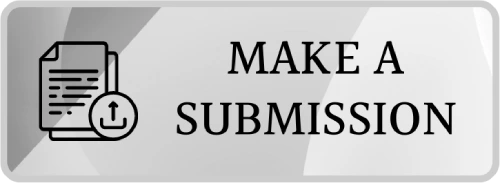Pendaftaran Tanah di Atas Tanah Ulayat: Dilema antara Hukum Negara dan Hukum Adat
Keywords:
Tanah Ulayat , Pendaftaran Tanah, Hukum Adat , Hukum Agraria , Konflik NormatifAbstract
This article discusses the dilemma of customary land and the dual legal system is a complex issue that often occurs in countries with strong indigenous communities, such as Indonesia and some regions in Africa. Customary land is land owned by the collective of indigenous peoples that is managed based on customary law norms, while the dual legal system refers to the existence of two legal systems that run in parallel, namely customary law and national or positive law. The existence of these two legal systems often triggers conflict and confusion, especially in the management and settlement of disputes over customary land. In Indonesia, although customary law has a place in the national legal framework, its implementation is often hampered by weak formal recognition and overlapping agrarian regulations. As a result, many conflicts over customary lands have not been resolved fairly and completely for indigenous communities. Meanwhile, the national legal system emphasizes more on legal certainty and the protection of individual rights, but tends to override the collective values and deliberative approach that are at the core of the customary law system. The formal litigation process is often considered ineffective for indigenous peoples because of its rigid, time-consuming, and inconsistent characteristics of customary-based dispute resolution that is more flexible and restorative. The lack of synergy between customary law and national law has also muddy the situation. Many judgments produced by customary institutions are not legally recognized by state courts, and instead, court decisions often do not have the legitimacy of indigenous peoples. This inconsistency increases legal uncertainty and magnifies the potential for conflict, especially when customary lands are targeted by investment interests or national development projects. Another problem that is no less important is in the process of registration and legalization of customary land. Although there are regulations that open up opportunities to officially register customary lands, the reality on the ground shows many obstacles, both conceptually and administratively. Many customary areas do not have formal ownership documents, making them vulnerable to seizure or transfer without legal consent. As a solution, a number of studies suggest the need to develop a hybrid legal model that is able to incorporate customary law values and principles into the national legal structure. This integrative approach is expected to provide fairer protection for the rights of indigenous peoples, while creating important legal certainty in the context of national development and investment. Land registration on customary land illustrates the latent conflict between the state version of legal certainty and the indigenous version of cultural justice. The disharmony between state law and customary law has caused legal protection of customary rights to be ineffective. Therefore, it is necessary to reformulate policies that recognize the existence of customary law substantially and provide an inclusive, participatory, and sensitive land registration mechanism for local values.
Downloads
Published
How to Cite
Issue
Section
License
Copyright (c) 2025 AL-DALIL: Jurnal Ilmu Sosial, Politik, dan Hukum

This work is licensed under a Creative Commons Attribution-NonCommercial-ShareAlike 4.0 International License.









